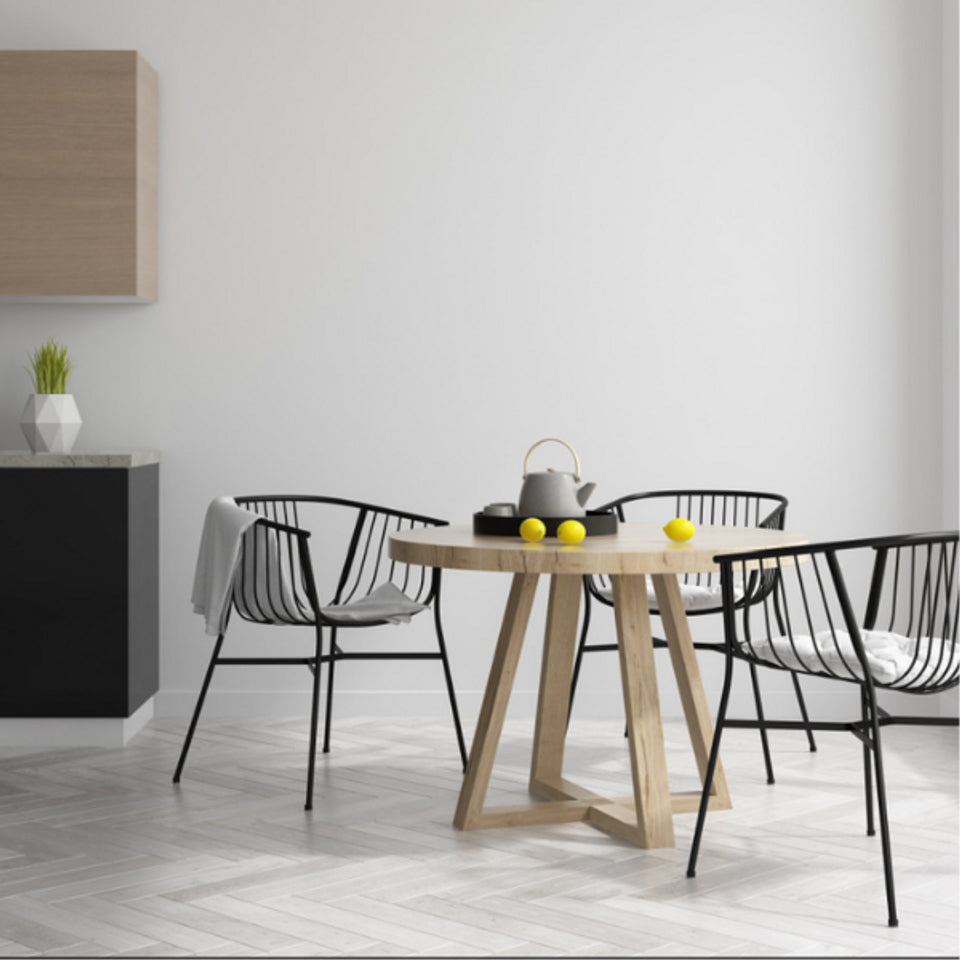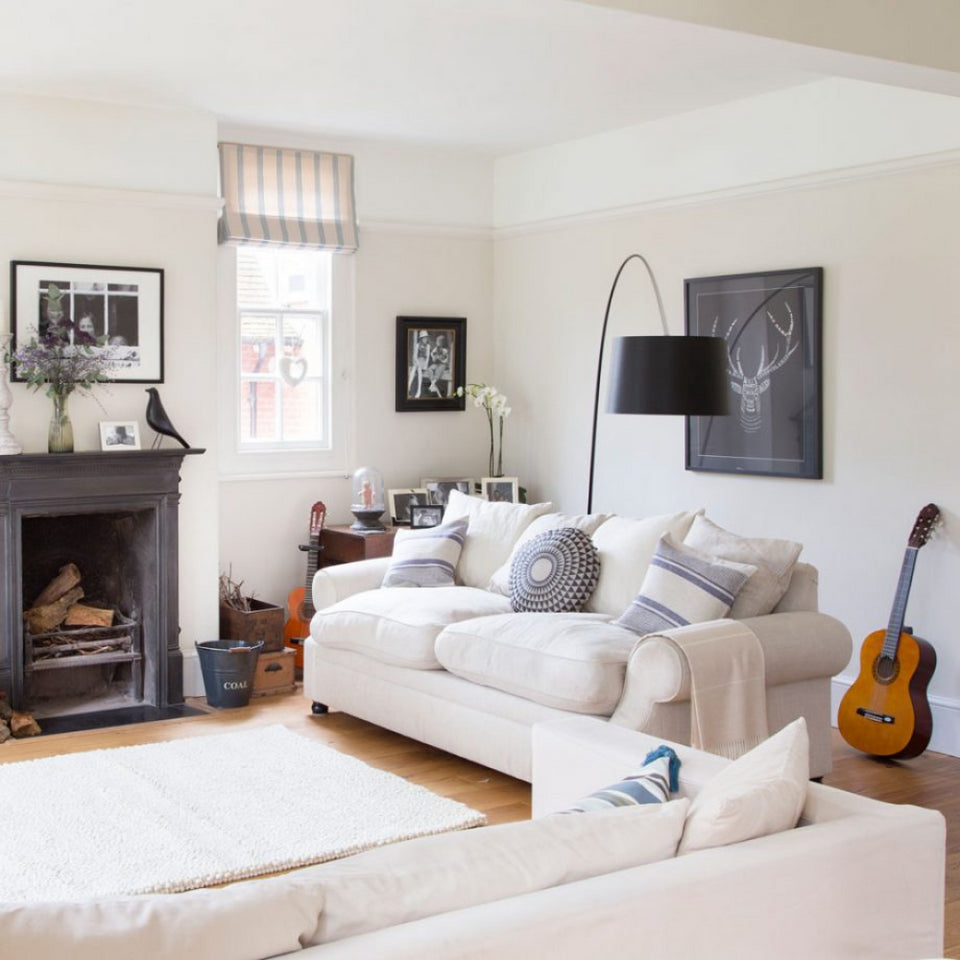Which Flooring Is Best For Bathrooms?

When designing a new bathroom, your choice of flooring will be an important decision when it comes to the overall aesthetic you’re hoping to achieve, as well as the practical considerations.
Unlike in other areas of the home, it’s important that your bathroom flooring is water resistant. You don’t want the ongoing concern of having to keep your bathroom floor dry – puddles and splashing should surely be encouraged!
Here we discuss the different types of flooring available and points to consider when choosing your bathroom floor.
Avoid Wood Flooring
No matter how much you love the rustic appeal of natural wood, it is generally advised that wood flooring should not be installed in the bathroom. This is due to the likelihood of standing water which will penetrate the wood and cause permanent damage.
If engineered wood flooring is to be installed in larger bathrooms, care must be taken that it is not installed in areas with close proximity to areas where water might lodge (for example, near showers, basins, baths etc). However we generally recommend that engineered wood flooring (as well as solid wood flooring) should be avoided due to the increased risk of damage occurring.
Ceramic Or Porcelain Tiles Are Still Popular
One of the most popular choices for bathroom flooring is ceramic or porcelain tiles. Natural stone tiles are resilient, waterproof and come in a variety of colours. A great option if you want to match your bathroom walls to your flooring for a sleek finish, or you’re after a pop of colour or intricate design.
One downside of ceramic or porcelain tiles however is that they are cold underfoot. Underfloor heating is a great idea with natural stone floors, but if you don’t have this option you may want to consider alternative flooring types for cosier tootsies!
Vinyl Flooring Is A Modern Option
Vinyl flooring is a fantastic alternative to real wood or natural ceramics, offering complete practicality and longevity. Today vinyl tiles are extremely authentic and come in a huge variety of finishes to replicate the authenticity of the real thing.
Vinyl flooring and LVT flooring (luxury vinyl tile) is warm underfoot, easy to install and also highly practical. Vinyl is also water resistant and able to withstand temperature and humidity changes so is perfect in a bathroom.
Is Laminate Flooring Suitable In Bathrooms?
Our laminate flooring has a tough, waterproof melanin top layer which gives it up to one hour of protection in case of standing water. This makes it an ideal flooring choice for most areas of the home including kitchens. However, we generally do not recommend the use of laminate flooring in bathrooms as the risk of moisture penetrating the planks and causing permanent damage cannot be ruled out.
Unlike vinyl tiles which are manufactured with a rigid and waterproof SPC core board, laminate planks are made with a HDF core board – standing water can penetrate via the edges and cause damage. This is not a problem in other areas of the home, but in bathrooms where puddles collect alternative flooring options are advised.
To discuss any of your flooring requirements or ask us a question about any of our flooring collections, do give our expert team a call, or email us sales@knotandgrain.com and we will be more than happy to help!



